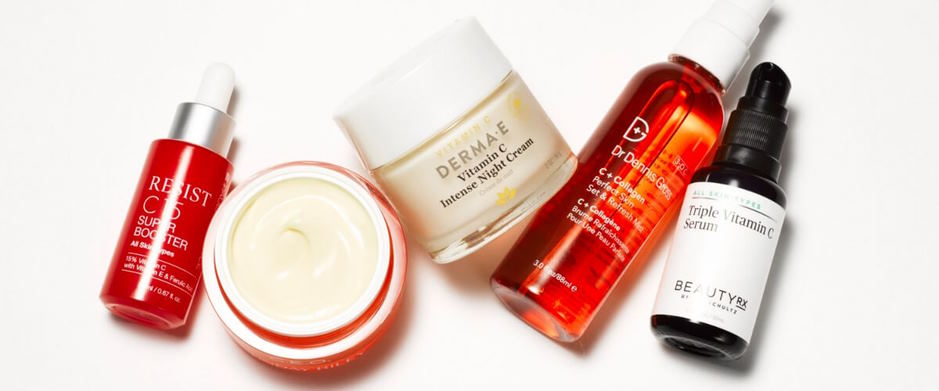
People with elastic skin look and feel younger. It is because the skin’s elasticity helps it better hold its shape, which helps reduce wrinkles and other signs of aging. In addition, it helps keep the complexion looking fresh and healthy by keeping it hydrated and helping retain its natural moisture.
In what ways can I make my skin more elastic?
Get enough sleep
It is important for maintaining skin elasticity. During deep sleep, your body produces the growth hormone and collagen, which help keep your skin looking smooth and supple. Aim to get at least 7–8 hours of quality rest each night.
Stay hydrated
Drinking plenty of water will keep your skin hydrated and prevent it from becoming dry and brittle, making it more elastic. Consume between 8–10 glasses of water daily to give yourself the best chance of improving skin elasticity.
Use a humidifier
Cold, dry air can dry out your skin and make it less elastic, so using this device in the home or office is a great way to prevent this from happening. In addition, a humidifier helps to add moisture back into the air, which will keep your skin hydrated and promote greater elasticity.

Use products with peptides
Peptides are molecules made up of amino acids, which play a key role in helping the skin to repair itself. Products like creams, serums, and lotions containing peptides can help improve skin elasticity by boosting collagen production.
Use Vitamin C products
Vitamin C is important in helping to rebuild collagen and restore skin elasticity by increasing its production. You can apply vitamin C serums directly onto the skin or take supplements orally for the best results.
Exercise regularly
Regular exercise helps to increase circulation throughout your body and the flow of oxygen-rich blood to your skin cells, improving their health and promoting better elasticity over time. Encourage cardiovascular activities such as swimming or running 3–4 times weekly for best results.
Eat healthy foods
Eating healthy foods is essential for skin elasticity because it helps to provide your body with the vitamins, minerals, and antioxidants necessary for maintaining a healthy complexion. Healthy eating also helps to boost collagen production, which is the protein responsible for giving skin its elasticity. Getting enough certain nutrients like vitamin A and omega-3 fatty acids is especially important for ensuring your skin stays hydrated and elastic.
Wear Sunscreen
The sun’s rays can cause damage to the cells in your skin, leading to premature aging, such as wrinkles and sagging. Wearing sunscreen with a minimum SPF of 15 days will help protect your skin from the sun’s UV rays and keep it looking supple and youthful for longer.

